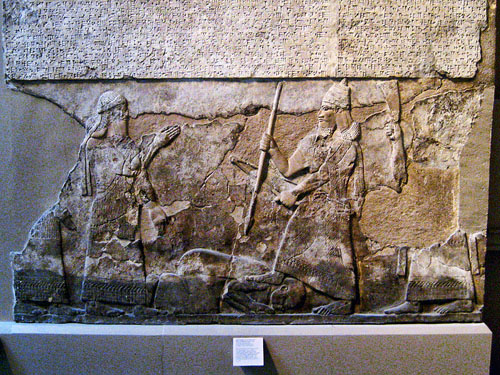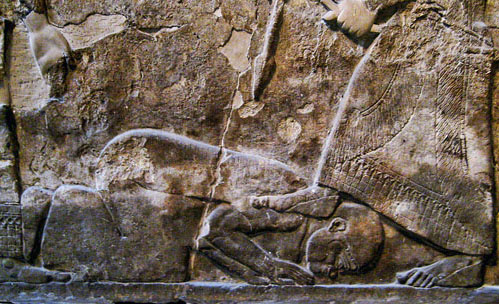'via Blog this'
Don't Be The Boss--Be The Leader
This article is a reprint of Wise Bread's contribution to OPEN Forum from American Express -- where small business owners can get advice from experts and share tips with each other.

Some people seem to think that their role as head honcho requires them to be autocratic—to be, in a word, “bossy.” While formal authority that comes with a position or title can be useful, it’s a limited tool. If you doubt that, recall your feelings (and subsequent behavior) during your teenage years when your dad told you to get your hair cut or wear a longer dress, “because I’m your father!”
So why are so many bosses bossy? Often it’s because their authoritative style has failed and they feel they have to be more assertive, even aggressive, to get what they want. What they don’t appreciate is that when people don’t understand or disagree, they’ll do something their own way and create their own deadlines and priorities. Of course, that makes a boss feel even more out of control, and leads to even more bossy behavior.
Weak leadership doesn’t usually end at bossiness. Bossy bosses are often guilty of micro-managing, too. Most work today requires thought and judgment, so it just isn’t feasible to cover all possible circumstances. Worse, when circumstances change, thanks to the increasing rate of market, economic, and technology change, carefully assigned directions become useless.
But more than anything, people just don’t liked being bossed around. “Do this, do that” delivered in a tone of voice that conveys disrespect offends just about anyone, except possibly dogs.
Why doesn’t being bossy work?
1. Authority Doesn’t Create Commitment
To encourage commitment, to get people to want to do their best, you have to win their hearts and minds. You can force them to spend their time on certain tasks, and you can demand that they pay attention to certain guidelines. But what you’ll get as result is compliance, at best, and you won’t get commitment.
If you’re bossy, you’re essentially trying to get people to do something because they’re afraid of what will happen if they don’t do it. But that eliminates any sense of understanding between you, and it’s counter to creating the kind of relationship that inspires commitment.
2. Authority Doesn’t Create Change
Any organization is about creating change. Steve Jobs talked about making a dent in the universe, and Apple changed the way we buy and listen to music.
Educational institutions have been created to change students’ knowledge and understanding. Factories change raw materials into products. Accountants change disorganized receipts into coherent financial statements.
But change often means uncertainty for those involved. Sometimes the change is delightful, but often it creates difficulties. So a leader’s job is to encourage a change in the way people think, a change in their assumptions, a change in their values, and ultimately a change in their behavior. You can’t do that by yelling, “Change, dammit!”
3. Authority Won’t Inspire Contribution
Your people individually and collectively bring knowledge, skills, experience, and new ideas to the organization. If they don’t, why are they there? If you tell them what to do but don’t ask them what they think, you’re wasting a big chunk of what you’re paying them for.
No one person can possibly possess the knowledge, experience, and wisdom needed to make every decision. Success today requires, more than ever, collaboration from everyone involved.
Be a Leader Instead of a Boss
To establish the kind of relationships necessary for success, you need to make sure:
- you and your team have clear goals and priorities;
- everyone has the resources they need to get the job done;
- people are recognized for their contributions; and,
- everyone feels a connection with the rest of the company.
If you’re a great boss, you’ll do all that and give the people you work with the autonomy and authority (not just the responsibility) to excel. And you’ll act as an advocate for their growth and advancement.
It’s fair to expect the people you work with to be honest, cooperative, and reliable—but you have be the same in return. This is especially true when you’re working with a distributed group where what you do is even more important that what your say.
Lacking the non-verbal cues in a long distance workplace we rely on to understand a message and assess the competence of the messenger, doing what you say you’re going to do when you say you’re going to do it is crucial. Your people will make a commitment to following your lead if they feel they can trust you, that you genuinely care about their needs, and you understand their strengths and weaknesses.
To be a great leader you need to manage yourself, your networks, and your teams. Being a good boss is about a whole lot more than just being bossy.



 Bruce Wilkinson with David Kopp. Bruce Wilkinson is the author of the
Bruce Wilkinson with David Kopp. Bruce Wilkinson is the author of the
0 Comments:
Post a Comment
<< Home